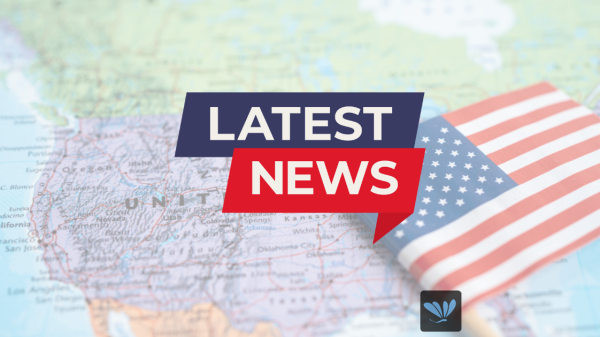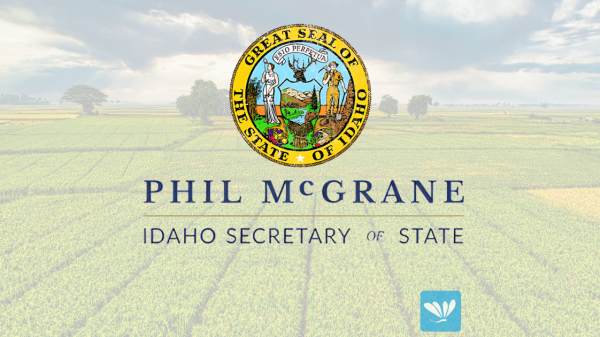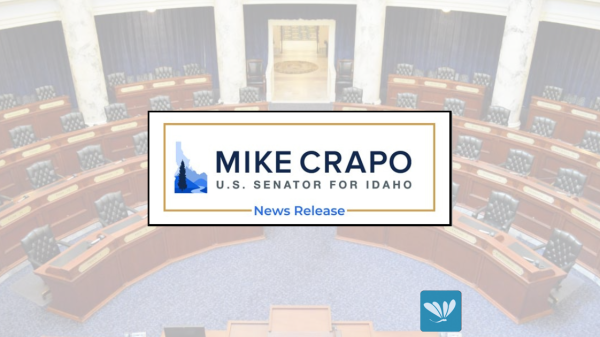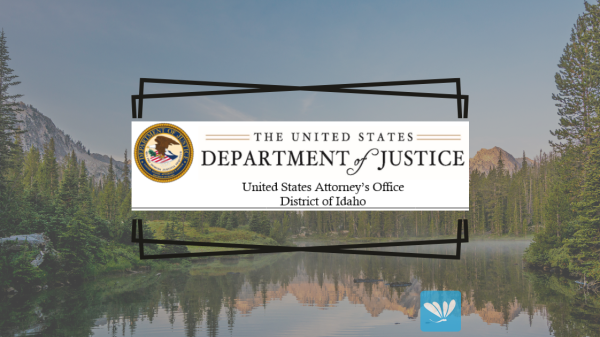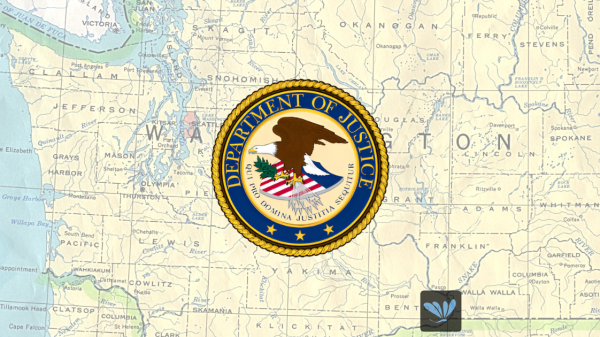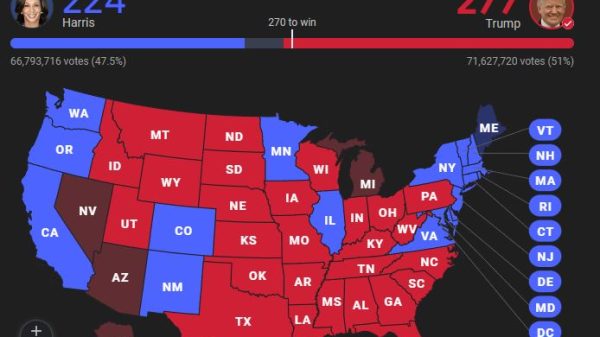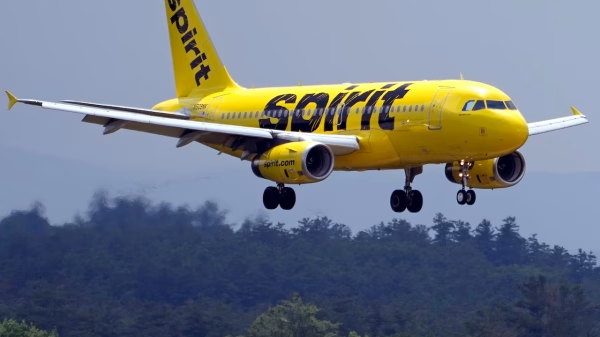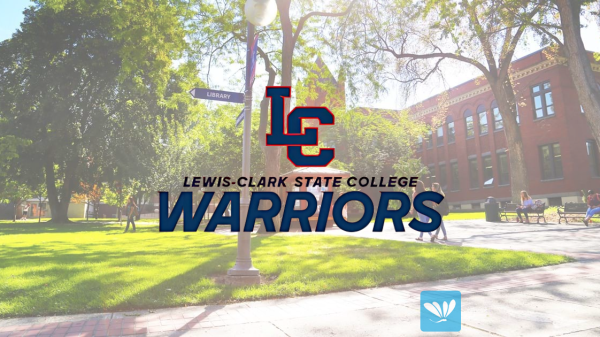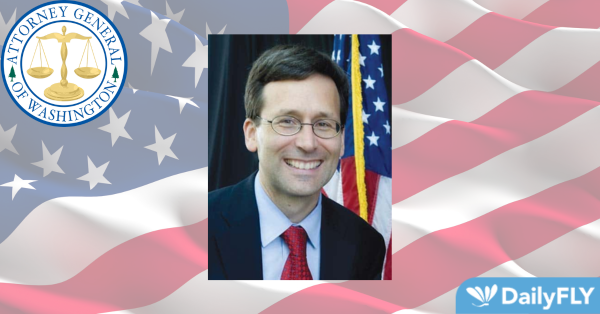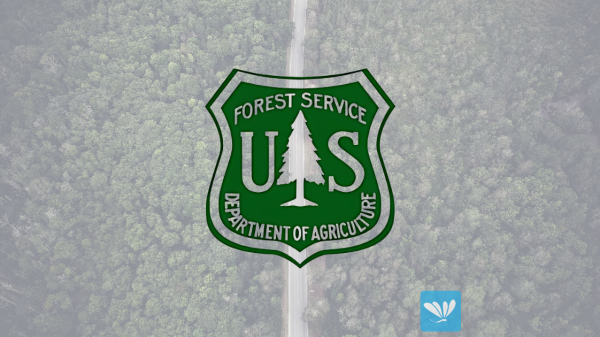Jan. 4, 2023
AG Ferguson calls for increase in Washington’s penalty for price-fixing
Washington’s antitrust penalty lags behind other states
OLYMPIA — Attorney General Bob Ferguson is partnering with Sen. Yasmin Trudeau, D-Tacoma, and Rep. Darya Farivar, D-Lake City, to propose legislation in the 2024 session to increase the maximum penalty for antitrust violations like price-fixing and collusion in Washington state.
Washington’s antitrust penalty lags far behind many other states. Currently, the maximum penalty for anticompetitive behavior like collusion, monopolization or price-fixing is $900,000 for corporations. This is the maximum penalty even if the illegal conduct results in a profit of many times this amount. This does not provide meaningful deterrence for illegal conduct by large corporations.
Antitrust violations can include colluding to inflate prices to produce higher profits, or avoiding losses by working together to artificially prop up prices. These schemes can net large corporations tens of millions of dollars in profits, making a $900,000 maximum penalty insufficient as a deterrent.
Many states have higher antitrust penalties than Washington, including Florida, Vermont, Illinois, California, Texas and New York, among others. In Texas, for example, antitrust penalties are based on the violator’s market value, and can reach up to $30 million. In California, the penalty is up to twice the illegal profit gained, and violators can also be fined based on the losses incurred by competitors because of their illegal behavior.
The legislation increases the maximum penalty for price-fixing, illegal collusion and other antitrust violations to three times the illegal gains or loss avoided. The House version of the bill, HB 2072, is filed. The Senate companion is expected to be filed in the coming days.
“Strong penalties deter price-fixing and monopolies without requiring costly litigation,” Ferguson said. “They also help businesses by creating a level playing field. This makes Washington more affordable, helps businesses compete on a level playing field, and improves our economy by promoting healthy competition.”
“We must ensure there are financial incentives in place to hold bad actors accountable when they don’t play by the rules,” Trudeau said. “This change will tip the scales back in favor of consumers and create a system in which the penalties for illegal price-fixing outweigh the cost of doing business for national and multinational corporations.”
“The meager fines currently doled out for anti-trust violations are nothing compared to the millions of dollars corporations rake in by snuffing out competition,” Farivar said. “In Washington, countless small businesses owned by underrepresented communities are being systematically choked by price-fixing, collusion and monopolization. This isn’t just about protecting consumers; it’s about fighting for the very lifeblood of our diverse economy. Let’s send a clear message with real penalties that if corporations want to prey on consumers and small businesses, then they’ll pay a real price.”
By law, penalties go to the state general fund. Ferguson expects this legislation to increase revenues to the state.
Washington law currently allows for the recovery of restitution of the harm done to consumers, but proving the exact harm done to individual consumers is challenging in cases of collusive, price-fixing conspiracies. Recovering full restitution does not actually punish violators because they only surrender illegal gained profits, and the effort requires significant investment of resources from the Attorney General’s Office. The benefit of strong penalties is that they deter violations without requiring costly litigation.
Despite low penalty, Washington a leader in antitrust enforcement
Ferguson’s antitrust division has been recognized as a national leader. Recent highlights of their enforcement work include the following:
- The Washington Attorney General’s Office is in the process of returning $40.6 million in restitution to Washingtonians as a result successful antitrust lawsuits against large chicken and tuna corporations that engaged in price-fixing.
- The Washington Antitrust Division eliminated “no-poach” clauses in 237 corporate franchises that operate in Washington. No-poach agreements are, in essence, non-compete clauses for employees within a corporate franchise chain that the employee never sees because the agreement is between the franchise owner and the corporation. A no-poach clause prohibits franchises from hiring employees of another franchise within the same corporate chain, meaning franchise locations do not have to compete for employees by offering better wages or positions. The division eliminated these agreements at all 237 corporations nationwide. An economist estimated that this work increased pay for millions of workers across the country by an average of 3% — a total increase of billions in additional compensation.
- As a result of the attorney general’s price-fixing investigation, Amazon shut down its “Sold by Amazon” program nationwide. The “Sold by Amazon” program allowed the online retailer to agree on prices with third-party sellers, rather than compete with them. Ferguson’s lawsuit asserted that the program violated antitrust laws. Amazon unreasonably restrained competition in order to maximize its own profits off third-party sales. This conduct constituted unlawful price-fixing.
- Ferguson’s Antitrust Division took on price-fixing conspiracies among foreign manufacturers of LCD screens and cathode ray tubes — the components of television and computer monitor screens. These lawsuits netted more than $63 million in restitution that Ferguson sent to more than 30,000 Washington consumers and businesses harmed by these schemes.
Every legislative session Attorney General Ferguson introduces a slate of Attorney General Request bills. The majority pass with bipartisan support. More on the history of this work is available here.








